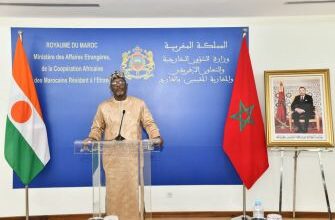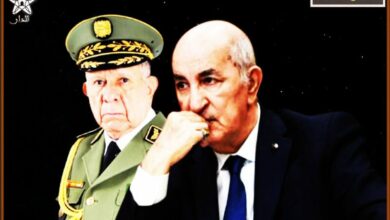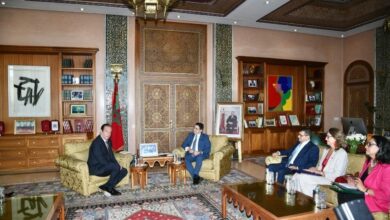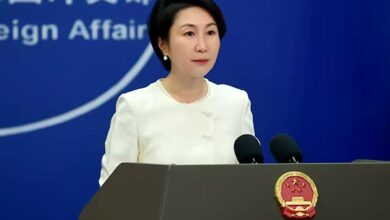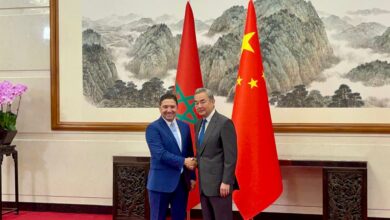International Warnings About Iranian Expansion in North Africa… Will Britain Place the “Polisario” on Its Terror List?
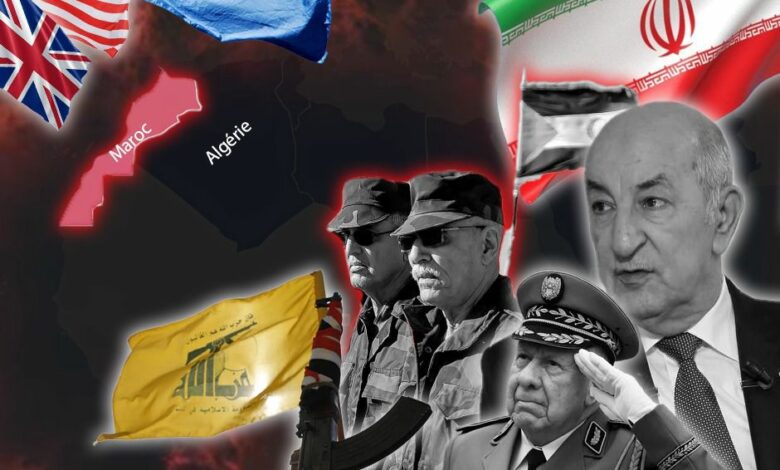
By: Meriem Hafiani – ALDAR
Signs are increasingly pointing toward a possible unprecedented move by the United Kingdom: classifying the Polisario Front, backed by Tehran, as a terrorist organization.
For years, it has become increasingly evident how Iran employs its armed proxies to destabilize strategic regions—from the Middle East to Africa. However, what’s new in this context are recent Western intelligence and security reports indicating that Iran has shifted part of its unconventional activities to the Maghreb region, exploiting regional instability and rising tensions.
The Polisario militia, long backed politically and materially by Algeria, has for years been under international intelligence scrutiny due to reports of armament through irregular channels and the involvement of its members in smuggling networks and possible links with terrorist groups operating in the Sahel and Sahara. What is different this time is the serious suspicion of its connection to Iran’s Islamic Revolutionary Guard Corps (IRGC), which marks a dangerous escalation that goes beyond political support into a military and intelligence partnership.
British security affairs expert Michael Stephens told European media outlets that “ongoing investigations within certain British security circles have concluded that there is credible evidence of direct Iranian support for the Polisario, both in terms of training and technical means.” He added that “this kind of cooperation cannot be viewed as a local or regional matter but as a threat to European national security itself.”
If it materializes, the British move will not be isolated from the wider international context. European positions toward the Polisario have been gradually shifting after years of caution and reluctance. Should London designate it as a terrorist organization, it would put separatist movements in North Africa—and the countries supporting them—under unprecedented international scrutiny. This could open the door to a series of legal, diplomatic, and financial measures, potentially including asset freezes and prosecution of individuals involved in financing and arming the group.
The potential British move also fits within a broader framework to counter the asymmetric warfare strategy pursued by Tehran through its proxies in conflict zones. Iran’s unconventional war is no longer limited to Hezbollah in Lebanon or Shia militias in Iraq. It is now expanding geographically to reach the southern shores of the Mediterranean, raising troubling questions about Iran’s future strategy.
Morocco, for its part, has long warned the international community about the dangers of some major powers turning a blind eye to the suspicious relationship between the Polisario and destabilizing actors, chief among them Iran. Morocco’s 2018 decision to sever diplomatic ties with Tehran, following confirmed reports of direct military support to the Polisario via Hezbollah, served as a wake-up call—one that was initially met with Western hesitation. However, recent developments confirm that Rabat’s concerns were justified, and that North Africa’s security can no longer be excluded from the broader calculus of global conflicts.
In the end, the current activity unfolding in Western diplomatic and security backchannels reflects a shift in how the Polisario is perceived—not merely as a regional dispute but as an international threat. If the UK proceeds with the anticipated designation, the implications will go far beyond symbolic classification. It may reshape the map of alliances and regional stances in the Maghreb for decades to come.

